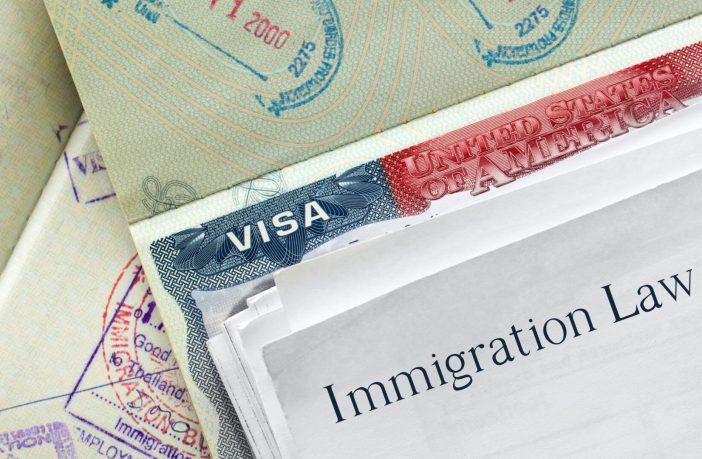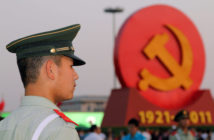Citing a need to ensure “the repatriation of foreign nationals who violate the laws of the United States,” President Donald Trump on Friday issued a memorandum stating that he has – and will use – authority to impose visa sanctions on countries that refuse or delay accepting deported citizens.
The memo, which was sent to the secretaries of State and Department of Homeland Security (DHS), says that due to “the profound and unique public health risks posed by the novel (new) coronavirus known as SARS-CoV-2, the need for that cooperation and timely and effective implementation is greater than ever before.”
Trump added that the U.S. “must be able to effectuate the repatriation of foreign nationals who violate the laws of the United States.” While the Obama administration did not utilize this authority, the Trump administration used it in 2017 against Cambodia, Eritrea, Guinea, and Sierra Leone due to their refusal to repatriate criminal illegal aliens.
Specifically, the memo instructs Acting Department of Homeland Security (DHS) Secretary Chad Wolf to notify Secretary of State Mike Pompeo if a country is delaying or refusing to accept deported individuals and then Pompeo has seven days to initiate a plan to impose visa sanctions. The executive action expires December 31.
While no specific countries were named, administration officials told the Wall Street Journal that it is a means to apply direct pressure on Mexico and Central American nations that have been threatening to stop all deportation flights coming from the U.S. citing concerns about the spread of COVID-19.
The new directive is the latest effort by the administration to prevent the further spread of the coronavirus. Last month, the Centers for Disease Control and Prevention issued an order that gave border agents authority to immediately deport to Mexico (or their home countries) all migrants who arrive at the U.S. border.
While the potential use of visa sanctions might be a useful tool to ensure public health security, it may be equally useful in protection of the nation’s economic security, particularly if countries balk at taking back citizens whose status was tied to their employment status.
With more than 300,000 of Indian nationals in the U.S. working on visas, specifically H-1Bs, the Indian government is already trying to convince the Trump administration to back away from the executive order.
After learning that many H-1B visa holders were among the 16 million jobs lost in the last few weeks, the Indian government ramped up lobbying efforts to try to convince the Trump administration to extend the H-1B and other visas for Indian nationals.
In a phone conversation with Deputy Secretary of State Stephen Beigun Wednesday, Indian Foreign Secretary Harsh Shringla did not shy away from making a wildly bold request – extend from 60 to 180 days the time a foreign worker can remain in the U.S. while they look for a new job.
India and its lobbyists in the U.S. have been pushing hard against any attempts to reform the abuse-plagued visa program, even accusing the U.S. of discriminating against Indians. A bold claim considering Indians have garnered 67 percent to 72 percent of the H-1B visas over the last five fiscal years.
As the Trump administration uses its power to pressure foreign nations, it is important that the American people pressure the administration and the president to protect the American worker from companies that would betray them and foreign nations pursuing their own self-interests.




